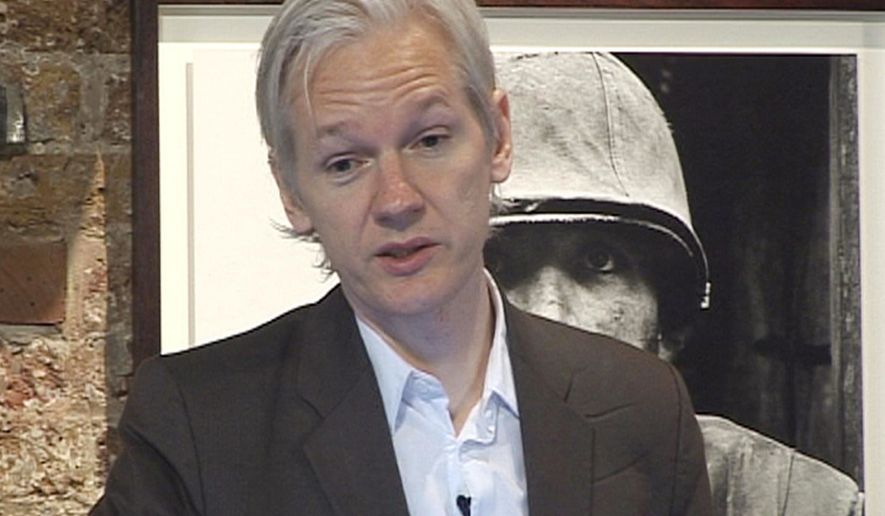The White House on Monday heaped criticism on government transparency advocate Wikileaks for publishing a huge database of secret field reports from the U.S. military in Afghanistan.
“Besides being against the law, [it] has a potential to be very harmful to those that are in our military, those that are cooperating with our military, and those that are working to keep us safe,” White House press secretary Robert Gibbs said of the publication.
“There’s no doubt this is a concerning development in operational security,” he added.
On Sunday, Wikileaks made available on the Internet a database of more than 75,000 of the secret U.S. military reports, dating from January 2004 to December 2009, from a total of 91,000 it said it had recieved from an undisclosed source.
The New York Times, along with the British paper the Guardian and German weekly Der Spiegel, were given access to the database and spent several weeks examining it before publication, according to the Wikileaks web site.
Mr. Gibbs said the White House made no request to Wikileaks not to publish but did ask the group’s founder, Julian Assange, through reporters at the New York Times “to redact information that could … harm personnel or threaten operations or security.”
“There are names, there are operations, there’s logistics, there are sources. All of that information out in a public way has the potential … to do harm,” Mr. Gibbs said.
Mr. Assange declined to comment on the source of the database.
However, when asked about the source of the material, Mr. Gibbs mentioned a “pre-existing investigation,” without elaborating.
On July 6, Army intelligence analyst Pfc. Bradley Manning, 22, of Potomac, Md., was charged July 6 with 12 counts of leaking classified information.
Pfc. Manning was arrested in May after Wikileaks posted video of an attack by a U.S. helicopter in Iraq in which a reporter for the Reuters news agency was killed.
• Shaun Waterman can be reached at 123@example.com.




Please read our comment policy before commenting.